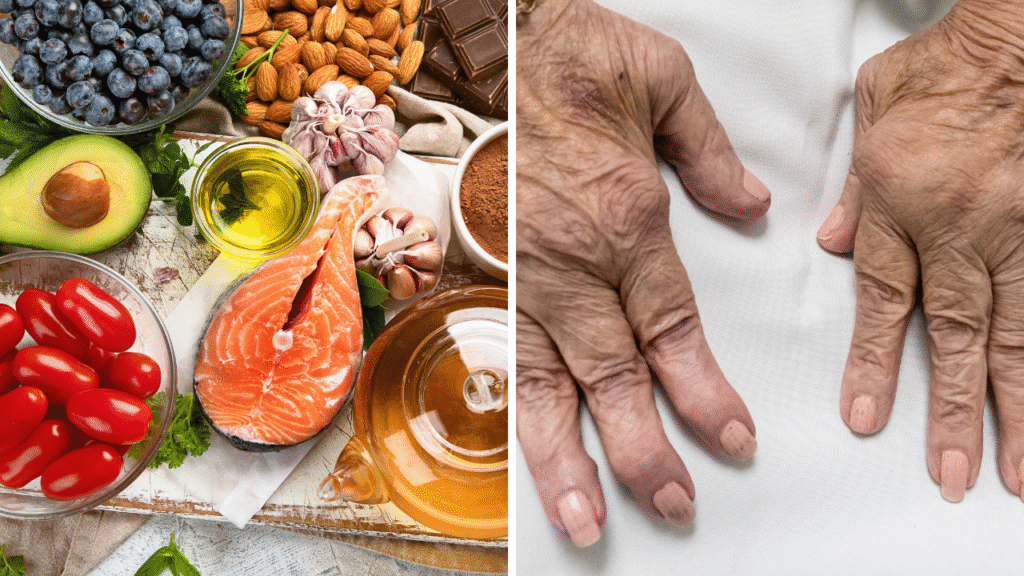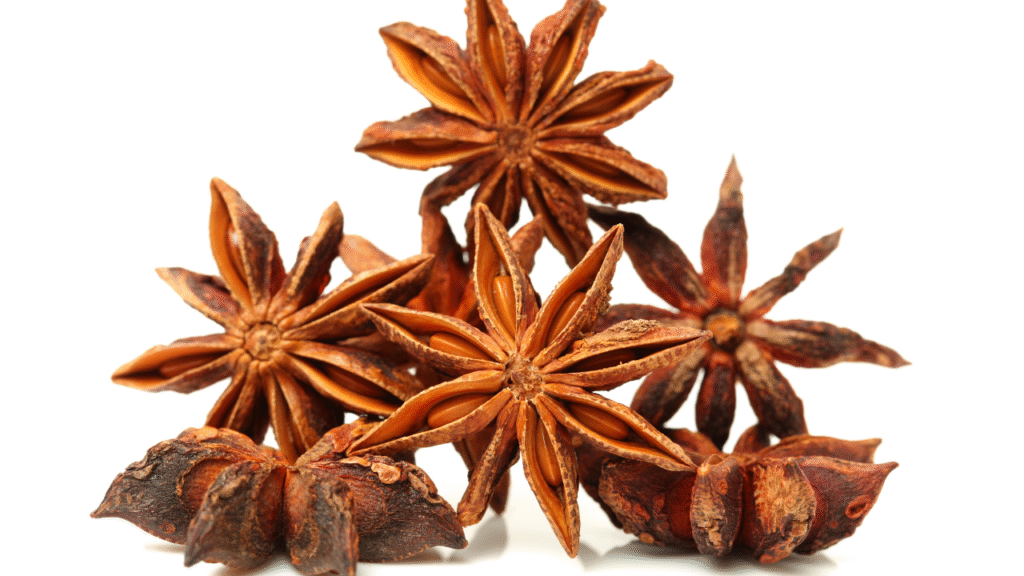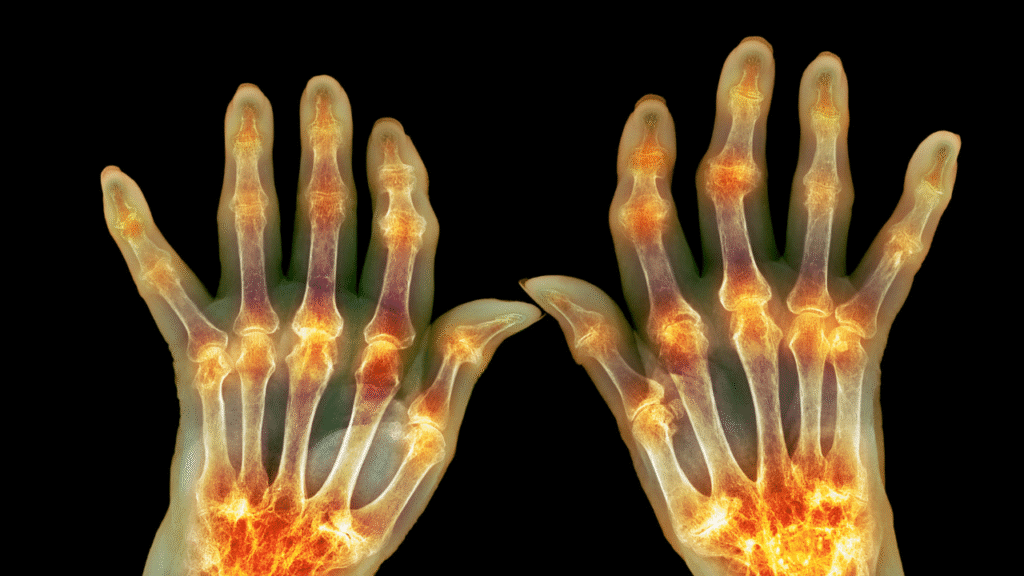
Chives are an onion-family herbaceous plant commonly used as a culinary herb due to its mild onion-like flavor and attractive appearance. It also contains vitamins A and C and minerals like calcium and iron. In addition, chives have traditionally been used for medicinal purposes, such as treating colds, reducing inflammation, aiding digestion, and their culinary uses.
Chive is the only Allium genus and Alliaceae family species native to both the Old and New Worlds. It is a monocot, a small perennial herb that grows in clumps from seed or divisions of 2 to 3 bulbs. Alliums, the scientific name for the plant family that includes chives, scallions, and leeks, thrive worldwide.
Chinese chives are also called “garlic chives” because they taste like garlic and have flat, fragrant leaves and white flowers.
Green onions, also known as scallions, are frequently confused with them.
Nutritional Benefits of Chives
Chives are high in nutrients like vitamin C, K, and folate. Vitamin C boosts the immune system and promotes healthy skin, whereas vitamin K aids blood clotting and bone health. Folate promotes cell development and growth. One tablespoon contains:
- 0.9 calories.
- 6.38 micrograms of vitamin K.
- 1.74 milligrams of vitamin C.
- 1.3 international units of vitamin A.
- 3.2 micrograms of folate.
- 0.1 milligrams of manganese.
Chives contain calcium (3 mg), phosphorus (1.7 mg), and potassium (8.9 mg). Vitamins found in chives include vitamin A (3% of your RDA), vitamin C (3%), and vitamin K (1%).
Health Benefits
1. Boost bone strength.
Chives are well-known for their high vitamin K content, essential for bone health and strength. According to research, vitamin K may improve bone mineral density and reduce the risk of fractures. Chives work best with other vitamin K-rich foods like leafy greens, scallions, Brussels sprouts, cabbage, broccoli, and cucumbers. Vitamin K is essential for bone mineral density and bone integrity, and it can aid in the production of osteocalcin, which is necessary for bone mineral density maintenance.
Vitamin K is recommended for infants and young children to improve bone density throughout life, and foods high in vitamin A, like chives, may help prevent osteoporosis later in life.
2. Promotes hair growth
Chives extract is a home remedy for promoting hair growth because of its antimicrobial properties, which can treat scalp infections and promote the formation of new hair follicles. It also nourishes the scalp and fortifies the hair follicles, increasing hair growth.”
3. Contain substances that fight cancer.
Chives are thought to have potent anticancer properties, and regular consumption of allium vegetables has been linked to a lower risk of certain types of cancer. Organosulfur compounds found in chives seeds are thought to be responsible for their cancer-fighting properties, as they can alter the effects of certain detoxification enzymes, slowing the growth and spread of cancer cells.
In addition, certain compounds found in chives, such as sulfur, have been shown in studies to deter cancerous cells from growing or spreading throughout the body, suggesting that alliums, including chives, may help prevent or fight cancer.
4. Reduce inflammation.
Chives are high in antioxidants and compounds that help reduce inflammation. An in vitro study discovered that the chive plant’s leaves reduced oxidative stress and had potent anti-inflammatory properties. However, no studies have linked chives to inflammation, but a 2015 study found that garlic may reduce inflammation in the body. Inflammation has been linked to various health problems, including heart disease and cancer.
5. Might detoxify the body
Chives are a great way to detoxify the body because they have mild diuretic and free-radical scavenging properties. They can help the body eliminate toxins, salts, water, and fat by stimulating urination, keeping organ systems running smoothly, and clearing out dangerous substances.
6. Beneficial during pregnancy
Chives are nutritious and contain folate, a B vitamin that helps prevent congenital disabilities and aids in DNA synthesis and cell division. In addition, they are high in vitamin C, which is required to develop immunity during pregnancy. However, they must be thoroughly cleaned and washed before eating them.
7. Antimicrobial Properties
Chives have powerful antimicrobial properties that can protect us from seasonal viral infections and harmful microbes. They inhibit virus growth, combat foreign pathogens, and boost immunity. According to one study, chives have the most potent antibacterial activity against food-borne pathogens, making them an effective treatment for yeast and viral infections.
8. Aid in Disease Prevention
According to research, chives can help prevent chronic diseases such as heart disease, diabetes, and cancer. They contain organic sulfur compounds, quercetin, flavonoids, saponins, and other compounds with anticancer, cardiovascular, and heart disease prevention, anti-inflammation, anti-obesity, diabetes prevention, antioxidants, antimicrobial activity, neuroprotective, and immunological effects. They also contain vitamin C, a water-soluble vitamin that acts as an antioxidant, protects the immune system, helps fight against infections, and has a therapeutic effect on various diseases and disorders. They can be combined with other fruits and vegetables to increase your intake of this vital micronutrient.
9. A Good Source of Choline
Chives are high in choline, an essential nutrient that many people do not get enough of. It synthesizes neurotransmitters, cell structure, metabolism, liver health, brain function, and fetal development. Eggs, wild-caught salmon, quinoa, chicken, cauliflower, and wheat germ are also high in choline.
10. Improve Memory
Chives contain choline and folate, which are linked to improved memory function. Adults who consume more choline-rich foods perform better on cognitive tests, while those who consume less choline are at a higher risk of developing Alzheimer’s. Folic acid has been researched for mental and mood disorders. The combination of choline and folate in chives may aid memory and prevent the development of conditions such as dementia and Alzheimer’s.
11. Sleep and mood
Chives contain a trace amount of choline, an essential nutrient that aids in the structure of cellular membranes and other brain and nervous system functions. Adult males require 550 mg of choline daily, while adult females require 425 mg daily. Chives contain 0.16 mg of choline per tbsp, and a person would need to consume a large amount of chives and other choline-containing foods to meet the recommended AI. Folic acid is also known for stimulating the production of serotonin and dopamine, two hormones associated with mood elevation.
12. Eye health
Chives contain the carotenoids lutein and zeaxanthin, which help prevent age-related macular degeneration. Eating foods high in these compounds may benefit eyesight by reducing oxidative stress in the visual system and delaying the onset of cataracts. They also aid in slowing or preventing macular degeneration, keeping eyes healthy well into old age.
13. It May improve heart health
Chives contain allicin, which is linked to lower LDL cholesterol and better heart health. It is also linked to blood pressure reduction. When combined with potassium, this herb can significantly reduce cardiovascular strain. Quercetin has also been linked to lowering cholesterol levels and artery plaque, preventing atherosclerosis, and lowering the risk of stroke and heart attacks.
14. It May boost immunity
Chives are high in vitamin C, which supports the immune system by stimulating the production of white blood cells and collagen, which is required to form new blood vessels, cells, tissues, and muscles. Organic compounds are important, but so are traditional nutrients.
Culinary uses of chive

Chives have a distinct, spicy flavor similar to garlic and onions. The best way to eat chives is to slice them into tiny pieces and sprinkle them as a garnish on cooked food. Chives, on the other hand, can be eaten raw or cooked in larger quantities.
Spraying chives on garlic bread, dicing and cooking them with hamburger meat, sprinkling them on baked potatoes, swirling them into homemade butter, and tossing them in a fresh salad are all simple ways to incorporate more chives into your diet. Ideally, add raw chives to dishes after they’ve been cooked to avoid overheating them and losing their distinctive color and flavor.
Growing, harvesting, and storing chive
Growing
Growing chives in your garden is a great way to reap this plant’s many benefits. They are simple to grow in a home garden or a pot on a windowsill, making them a handy and inexpensive ingredient to have on hand. Plant them in early spring in moist, rich, well-draining soil. If you’re growing chives in pots, ensure they get at least 5 to 7 hours of sunlight daily. Full-grown plants require little attention but must be watered regularly throughout the growing season.
Harvesting
Chives can reach a height of 12–24 inches and be harvested before or after flowering. The most basic method is to snip at the base, just a few inches from the soil, with scissors. In the first year, harvest chives three to four times; in subsequent years, harvest chives monthly.
Storing
Chives are a versatile herb with medicinal properties that can be used in various dishes. The best ways to store them for later use are to freeze them in an airtight container or to dry them in a cool, dark place. To freeze them for long-term storage:
- Thoroughly wash and dry them before chopping them into tiny pieces and placing them in a resealable plastic bag.
- Remove the desired chives from the pack and add them directly to your recipe when ready.
- Store the distinct flavor and texture in a cool, dry place, and use them fresh if possible.
Side Effects
Chives are not typically considered allergenic, but excess can cause stomach discomfort. If you are allergic to other members of the Allium genus, talk to your doctor before including them in your diet. They must be cooked briefly to retain their flavor, and too much of them can cause stomach discomfort, gas, bloating, and acid reflux. Furthermore, chives can cause an increase in inorganic selenium and cadmium accumulation in humans. Chives, on the other hand, can be a healthy alternative to other allium vegetables.
Conclusion
Chives are edible plants related to other species, such as garlic and onions. Although they are frequently used interchangeably, there are several distinctions between chives and green onions. First, the flavor difference between chives and green onions is significant. They are high in vitamins C, A, and K, as well as antioxidants, and may help reduce inflammation, boost bone strength, fight cancer cells, and protect against chronic disease.
They can be found dried or fresh in most supermarkets, or you can grow them at home and add them to your favorite dishes. The bottom line is that chives are high in plant-based antioxidants and nutrients, which have anticancer properties, support pregnancy, improve the sleep cycle, and prevent plaque accumulation.
Where to Buy
LINKS TO RESEARCH REFERENCES
- Chive Definition and Meaning: Merriam-Webster
- Therapeutic Role of Functional Components in Alliums for Preventive Chronic Disease in Human Beings: PMC (nih.gov)
- Food Data Central (usda.gov)
- Foods That Fight Cancer: The American Institute for Cancer Research (aicr.org)
- Choline: Health Professional Fact Sheet (nih.gov)
- Lutein and Zeaxanthin—Food Sources, Bioavailability, and Dietary Variety in Age-Related Macular Degeneration Protection, PMC (nih.gov)
- Immunomodulation and Anti-Inflammatory Effects of Garlic Compounds: PMC (nih.gov)
- Composition of Foods (usda.gov)
- Piece of Foods (usda.gov)




